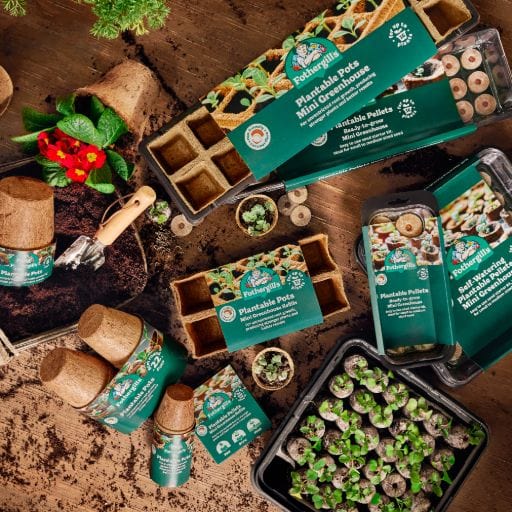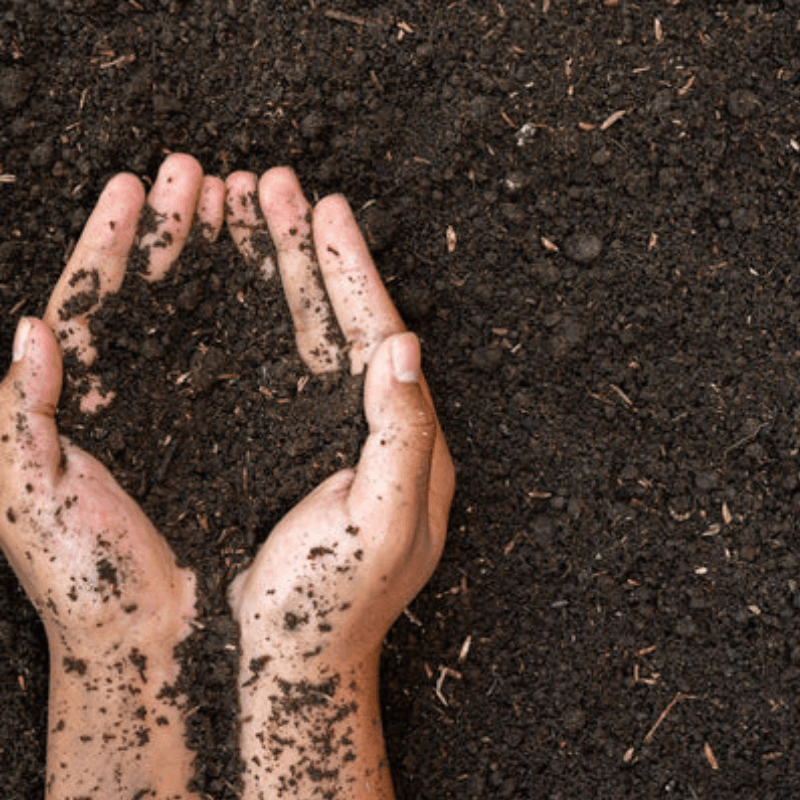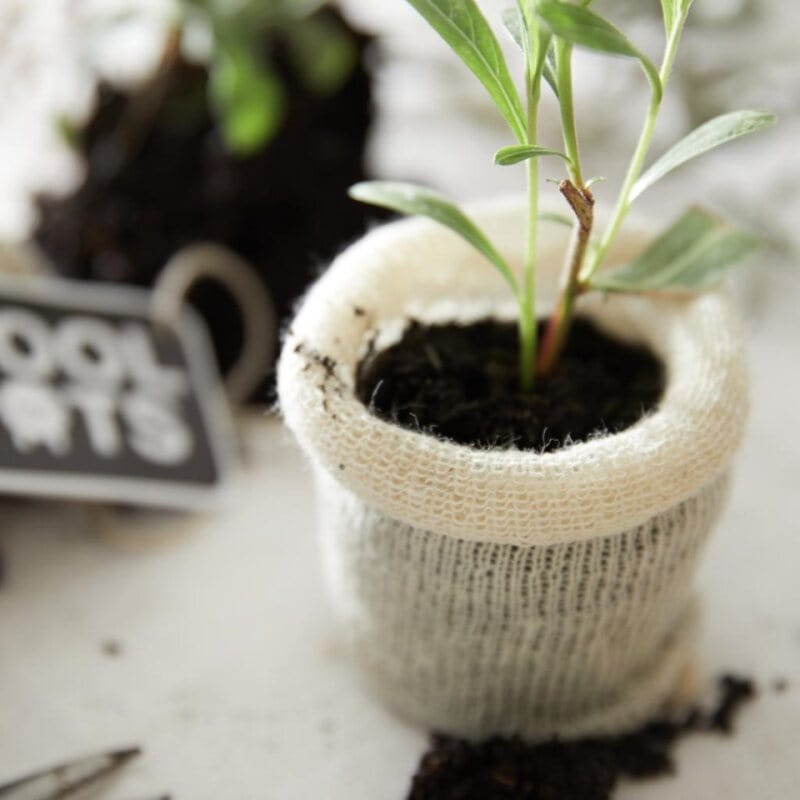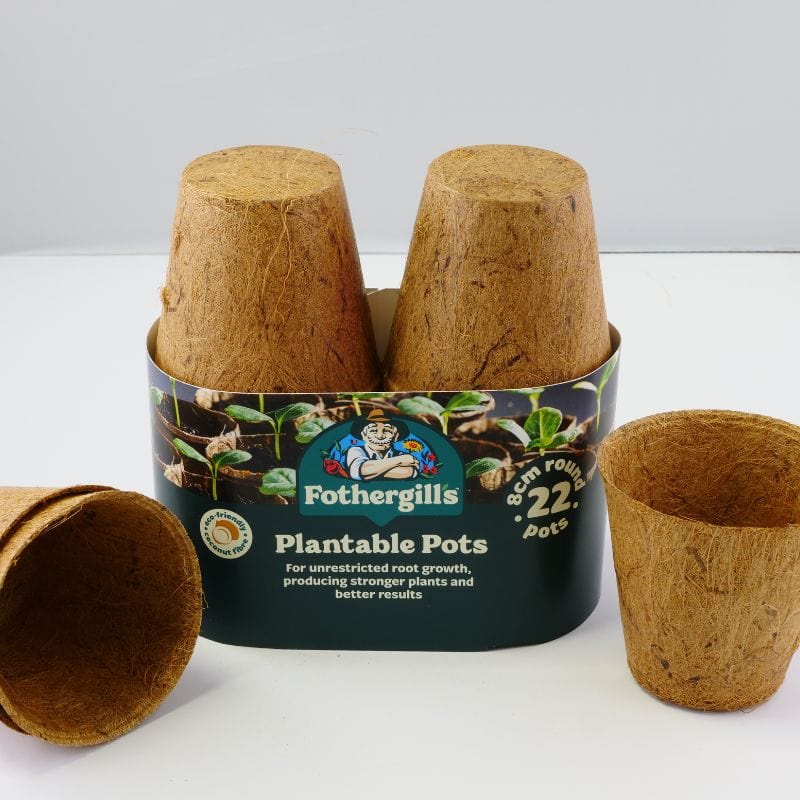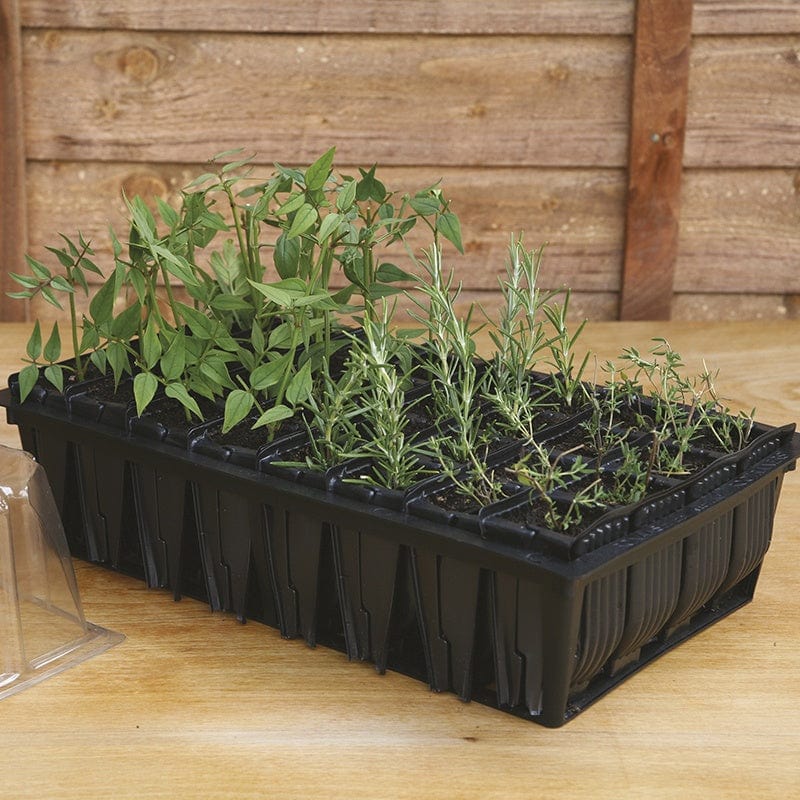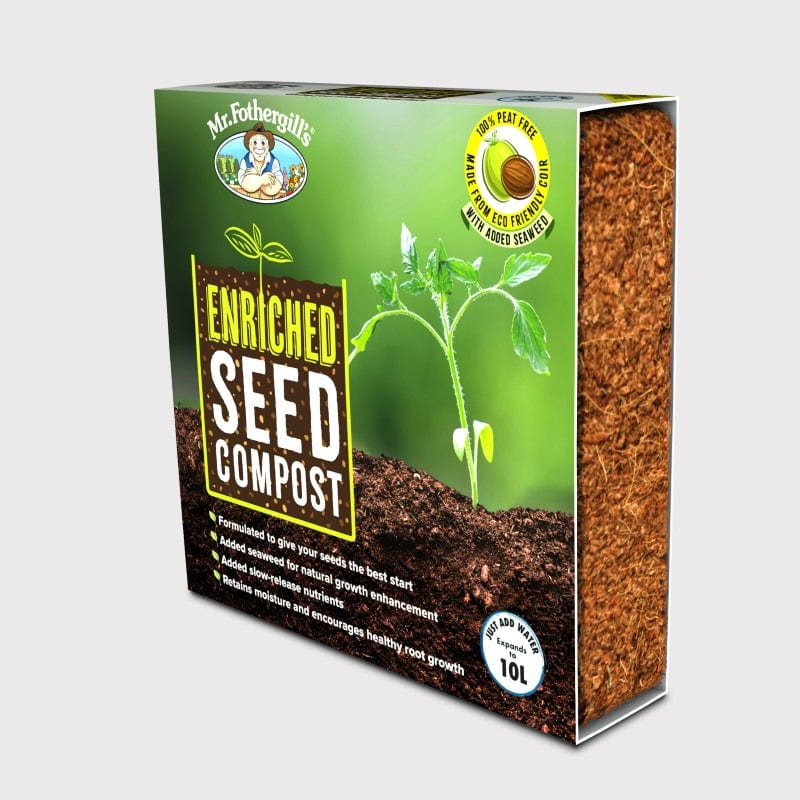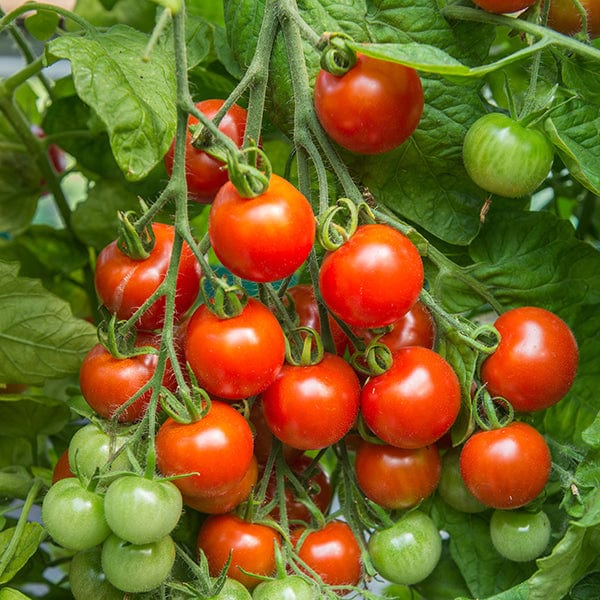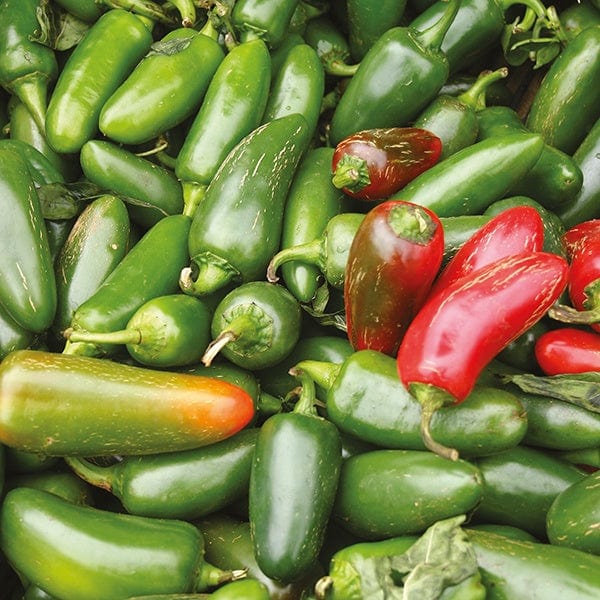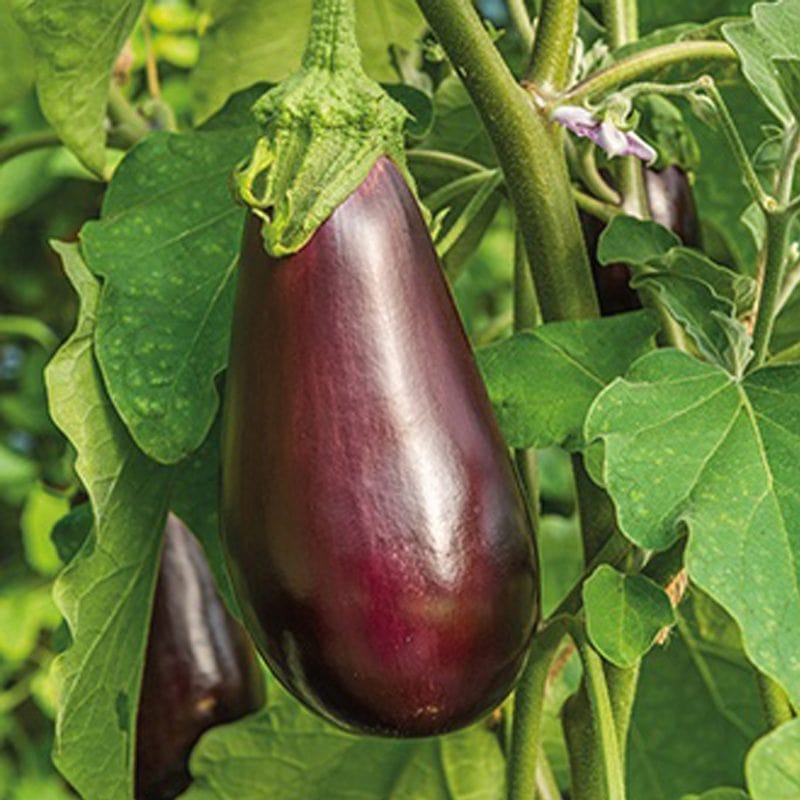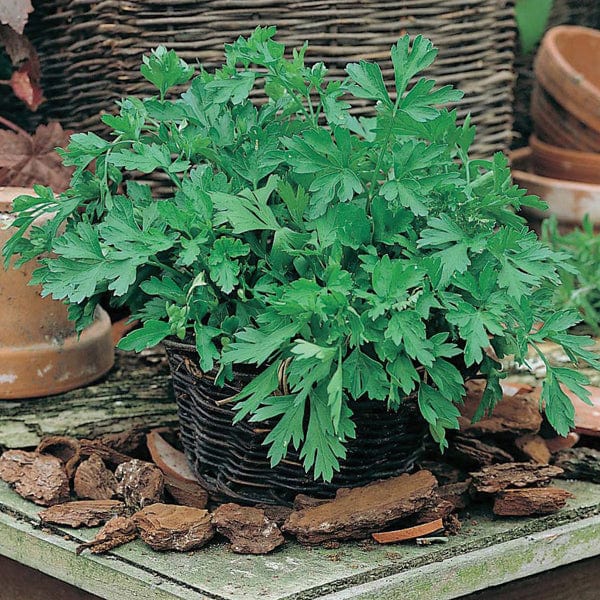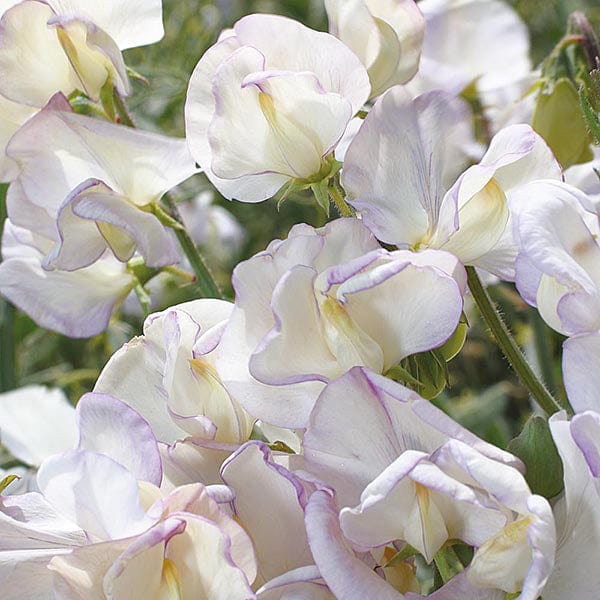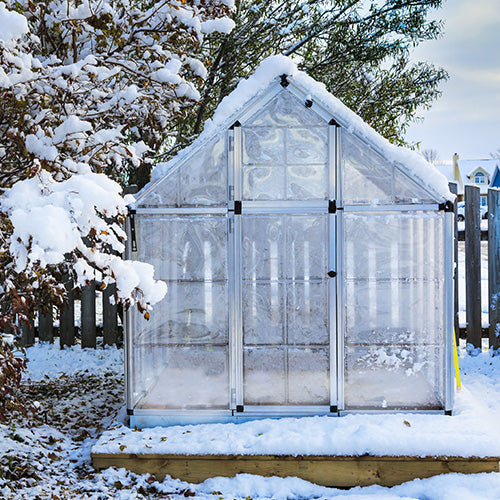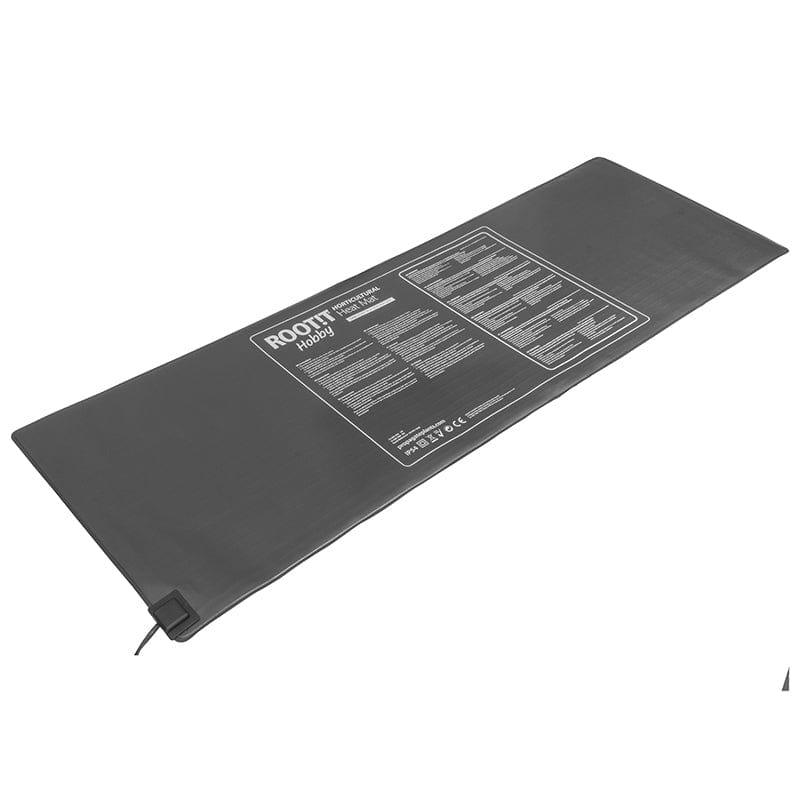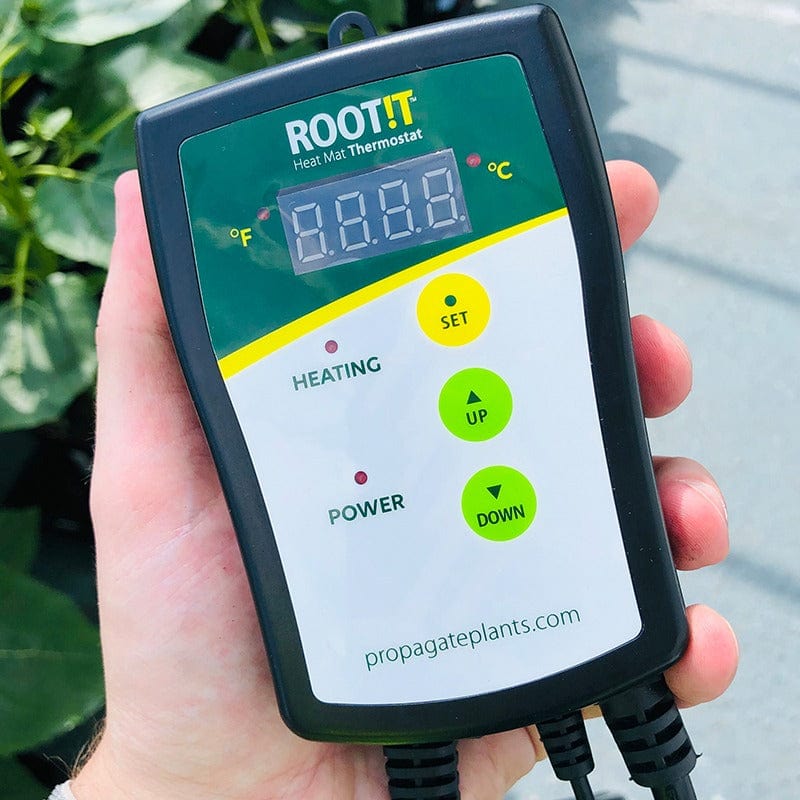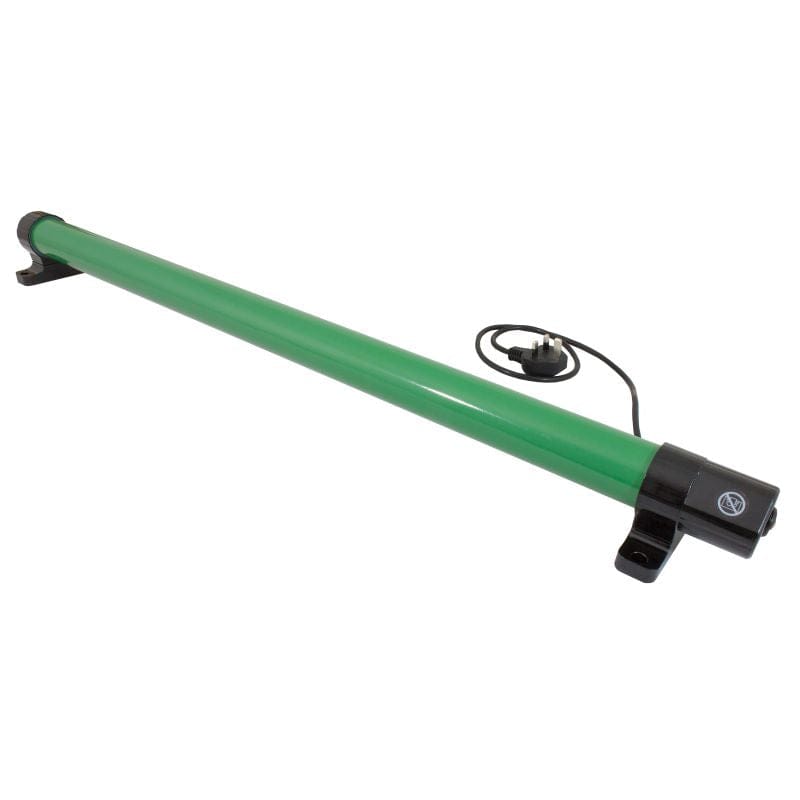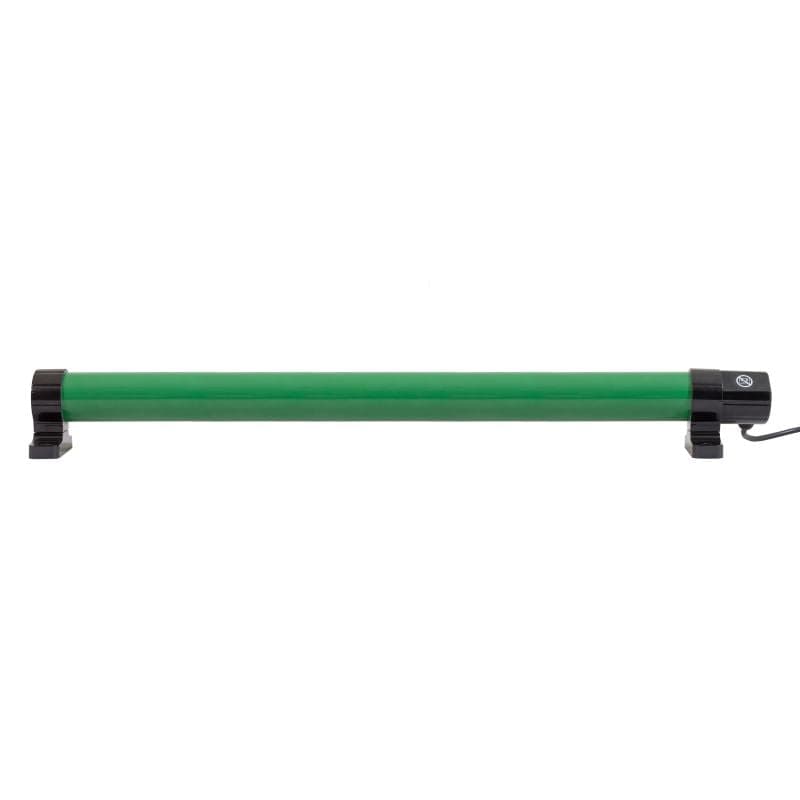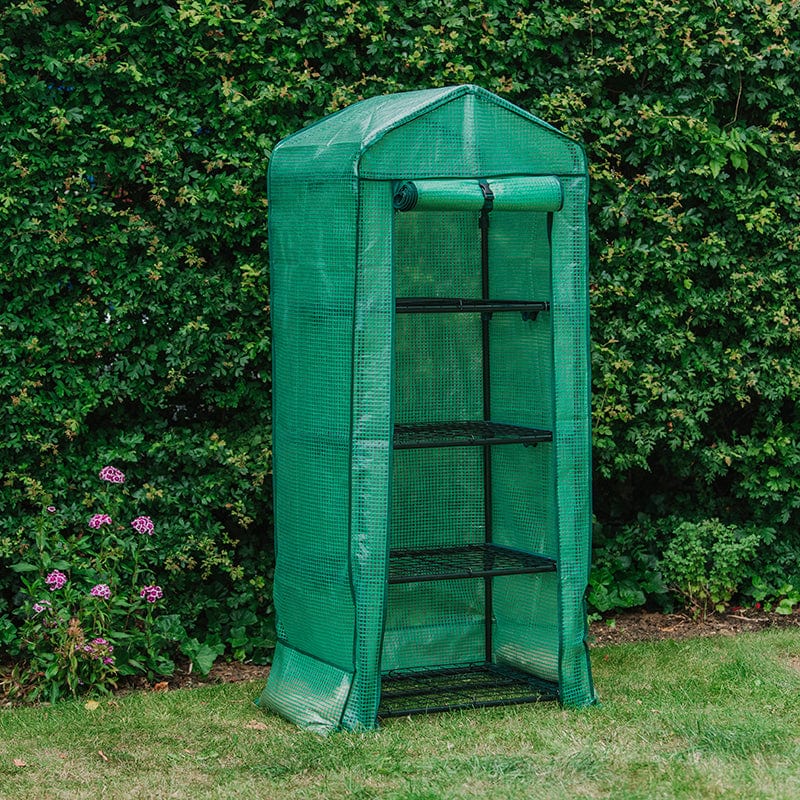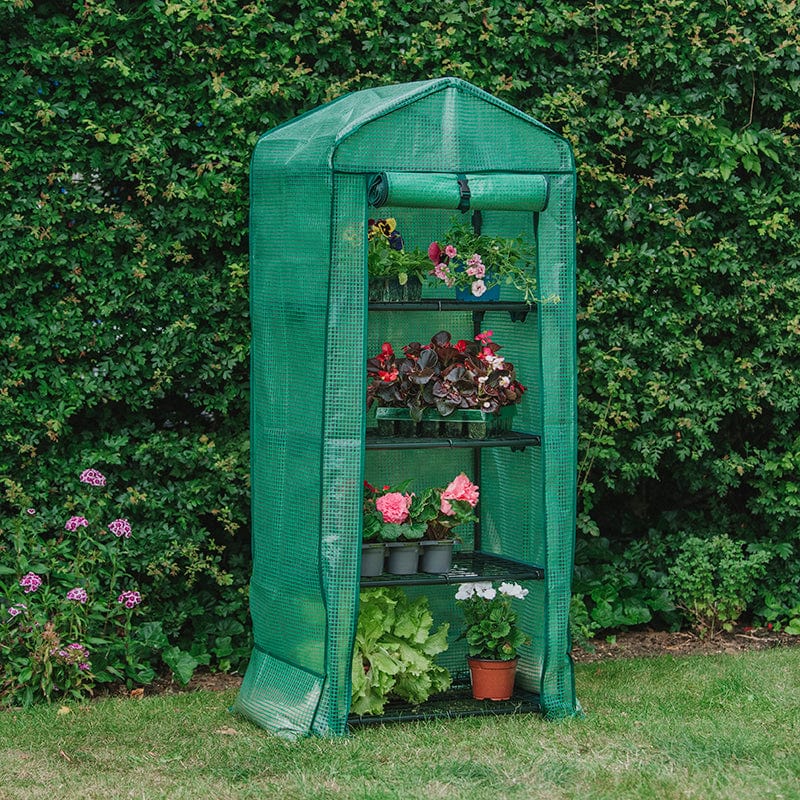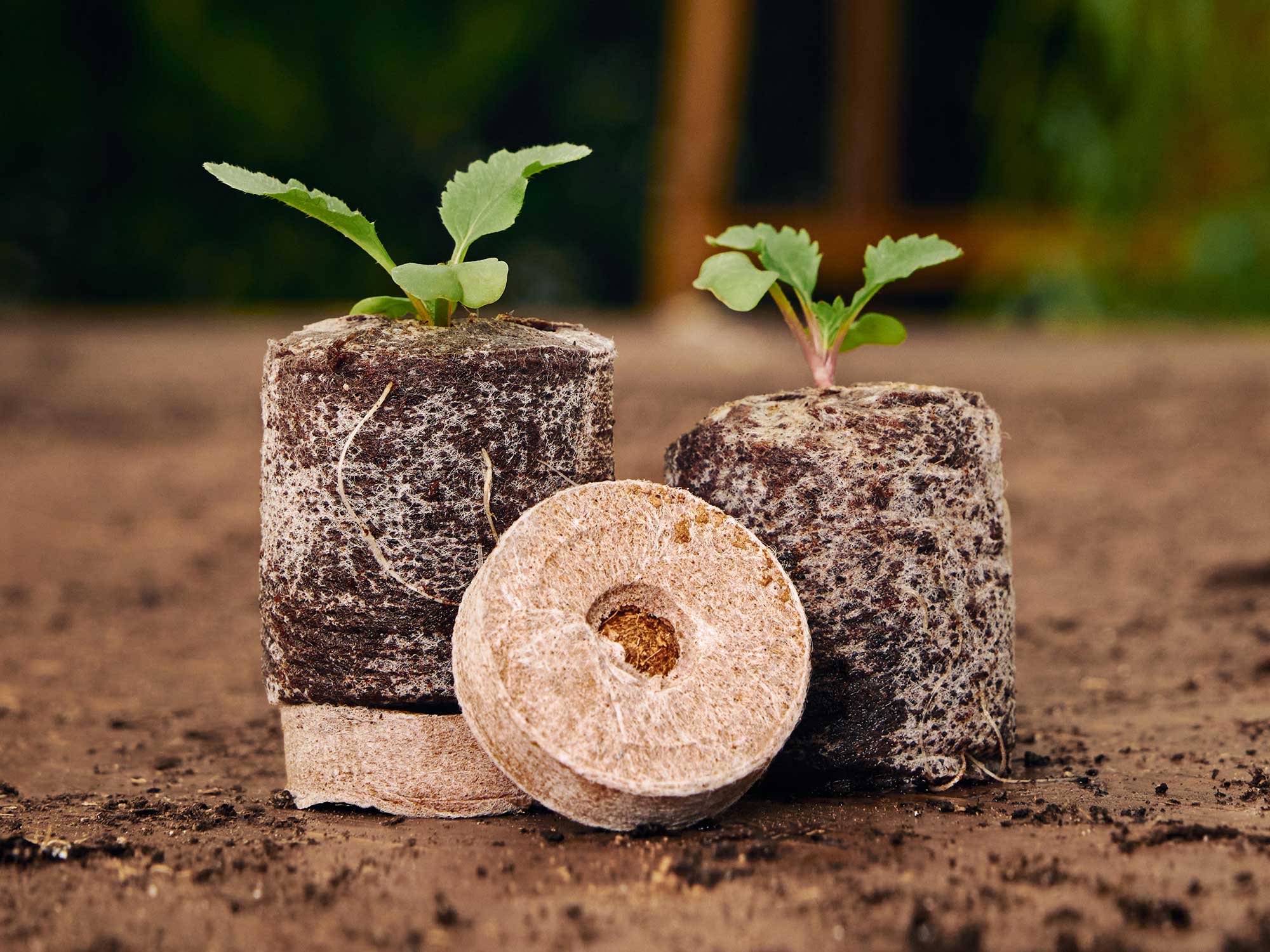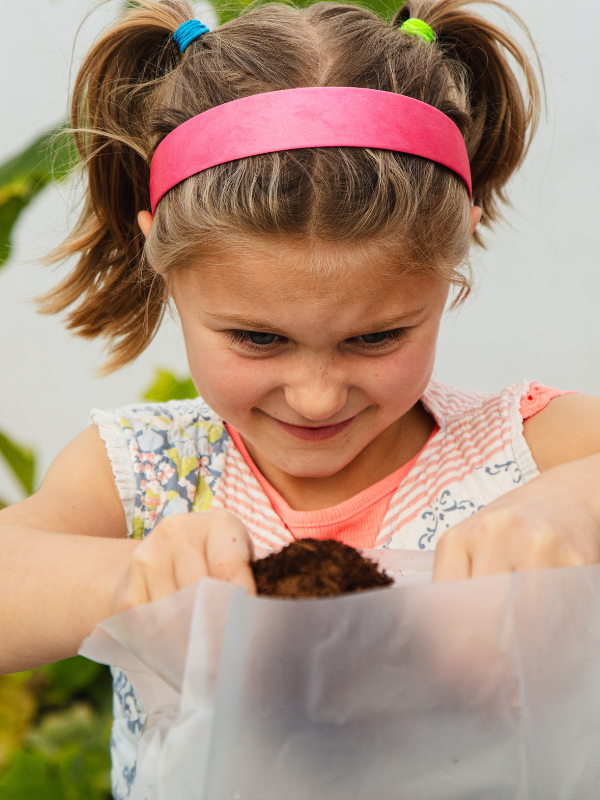Are you looking to overwinter plants in your greenhouse but worry it’ll be too cold for them? The good news is that there are a few clever ways you can keep your greenhouse warm even when temperatures plummet.
The temperatures may be low, but that doesn’t mean your energy costs can’t be too! So read on for some handy tips on everything from insulation and ventilation to electric heating fans to find out how to heat a greenhouse in winter for free or without spending a small fortune.
How to Control the Temperature in Your Greenhouse During Winter
Plants need more protection in the winter, even if they’re pretty hardy. You can move some to a sheltered spot and use wraps, insulation, cloches and tunnels to protect them from frost. But for more extreme conditions or more delicate plants, the best course of action is to use your greenhouse.
Greenhouses are designed to keep flower plants, vegetable plants, and more warmer than outdoors. However, the glass that lets the sun’s warmth in during summer can also let heat escape in winter. This is why you might want to take some extra measures to control and boost your greenhouse temperature during the colder months. Some additional heating support may be needed to achieve suitable conditions for your plants to survive the winter.
Related Products
Preparing Your Greenhouse For Winter
Before we get into the specifics of how to keep a greenhouse warm in winter, let’s start with some general maintenance, shall we? Keeping your greenhouse clean and well looked after is an important way to uphold the health of your plants all year round. So, as the seasons change, give your greenhouse a little TLC.
Use bleach or soap to wash down the surfaces and windows, removing unused, empty pots as you go. Also, take the time to clean your equipment thoroughly and check for any signs of pests.
Consider Electric Heaters
When bringing a heating supply into the greenhouse, electrical devices are usually best. They are the safest, and they don't release any unwanted extra moisture into the space.
Heating mats are great solutions for heating your greenhouse. You could also consider using fan heaters, which help to spread warmth throughout the space, preventing cold spots.
You’ll just need to keep an eye on energy use. Many electric heating devices are designed to be cheap to run, but you might not want to leave them on all the time. Use them strategically on the coldest days, and you can keep energy bills in check.
Add a Layer of Insulation
Insulation is also crucial for keeping the warmth in and the cold out of your greenhouse. Here are some tips to try:
- Add a layer of bubble wrap to windows, effectively wrapping your greenhouse in an insulating layer.
- Use garden netting and fleece over vulnerable plants to protect them from frost.
- Create ‘zones’ inside the greenhouse using perspex partitions or curtains of bubble wrap insulation. This means you can heat areas containing tender plants rather than the whole greenhouse.
Be Smart About Your Heating
If you’ve checked the forecast and it’s looking frosty, it’s easy to overdo it and use too much heating in your greenhouse. This can be expensive to run, and it’s not necessary as most plants only require protection from frost - meaning temperatures of around two °C will be adequate. However, some plants, such as pelargoniums, do require warmer temperatures, so you might need to customise the conditions to what is needed.
Ultimately, it’s all about being smart with greenhouse heating. Use thermometers or thermostats to ensure you only have your heating on when needed, and maximise the effects with clever insulation.
Don’t Forget to Ventilate
The more you heat your greenhouse, the more humid it can become. This isn’t ideal and can cause fungal diseases to spread.
There are a few ways you can combat condensation and prevent moisture build-up. These include:
- Watering plants sparingly, doing it early in the day if possible.
- Opening greenhouse vents on warmer, sunny mornings to let the fresh air in and lower humidity levels.
- Closing any open vents well before sunset can cause the temperature inside the greenhouse to drop too much.
- Remember, heating and ventilation go hand-in-hand. It’s all about finding the right balance to create suitable conditions in your greenhouse so that overwintering plants survive the season.
Shop Garden Essentials at Fothergill’s
Now that you know how to keep your greenhouse warm in winter, start your next growing venture with Fothergill’s. We’ve got plenty of hardy annuals and vegetables to plant in winter that you can grow in greenhouses during the frosty months! So explore our range today and get the whole family involved in the greenhouse!











